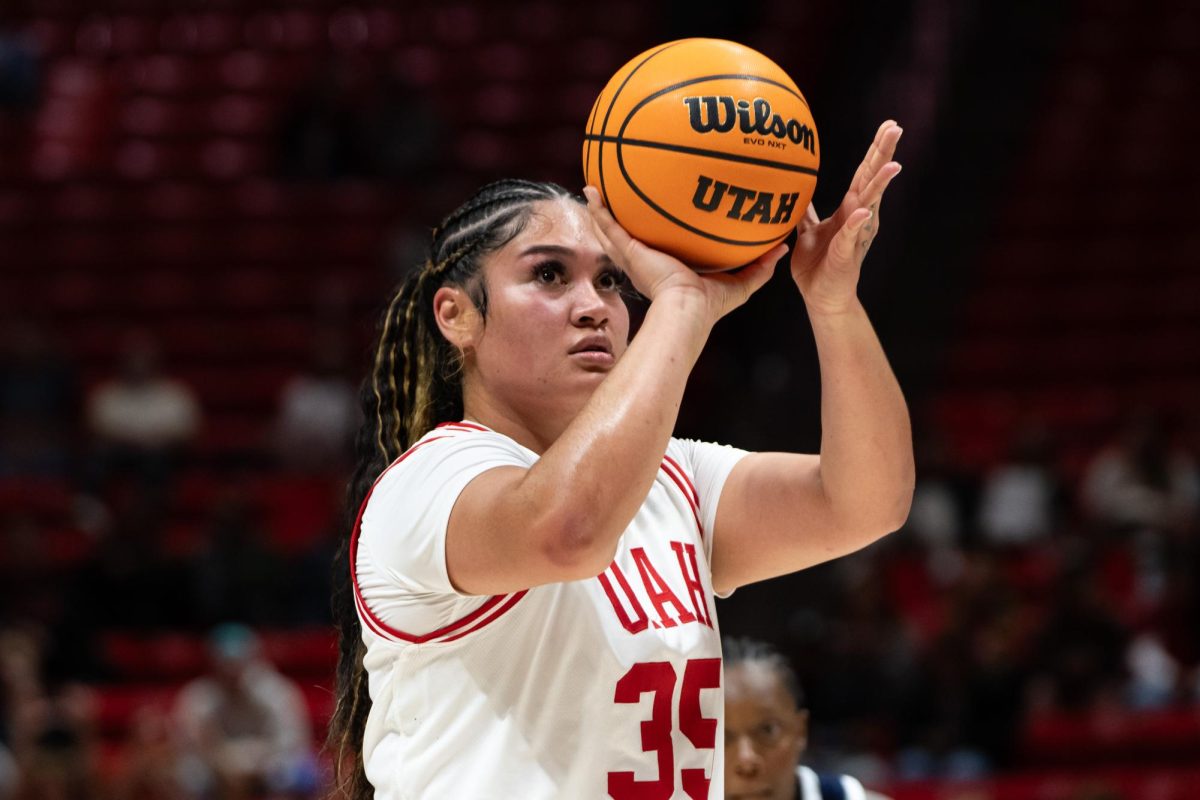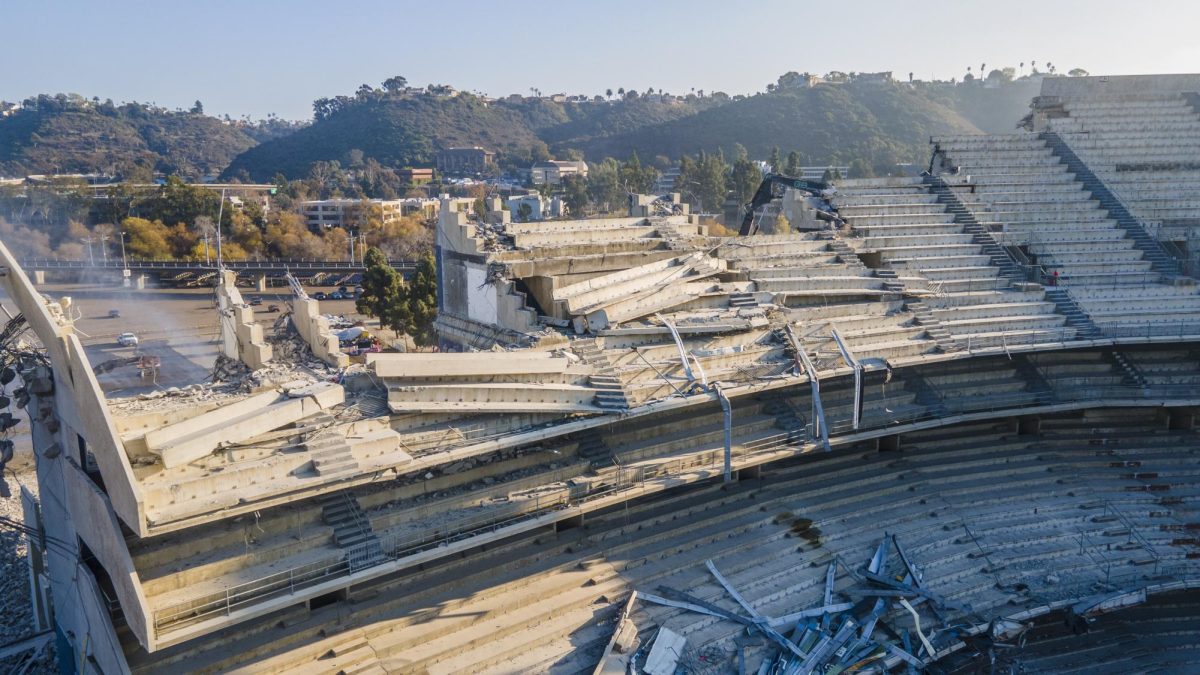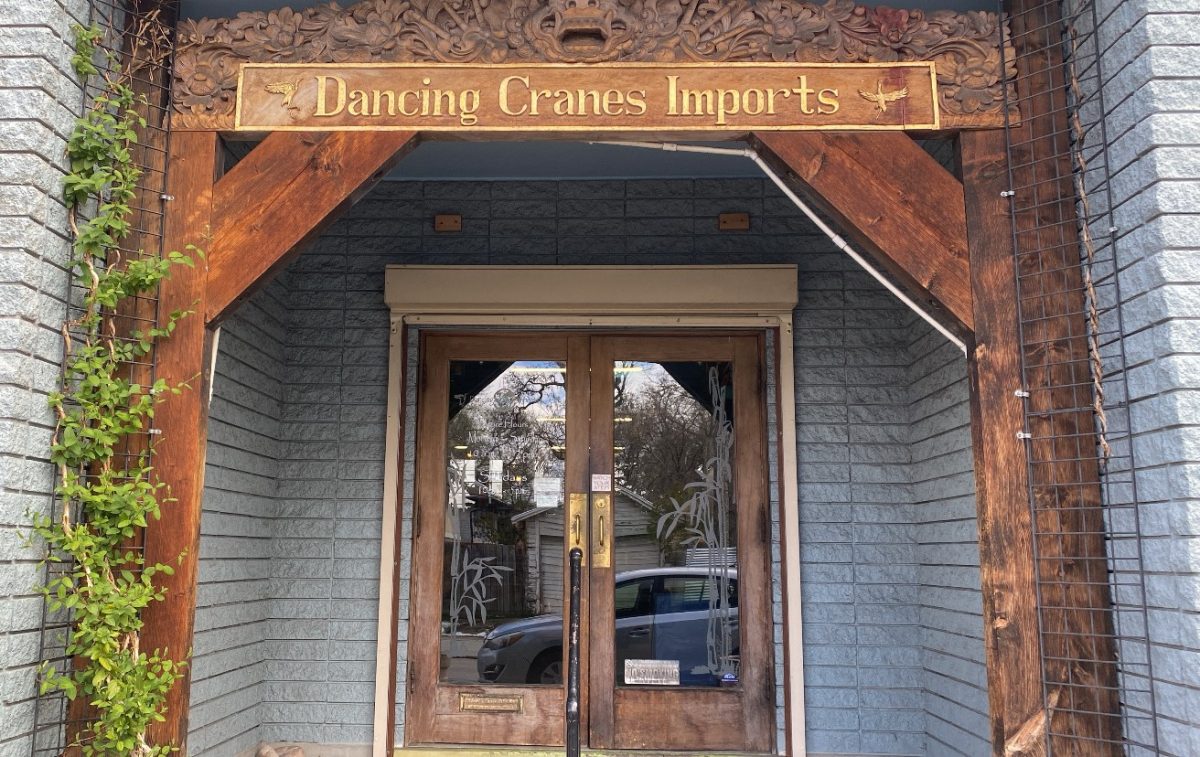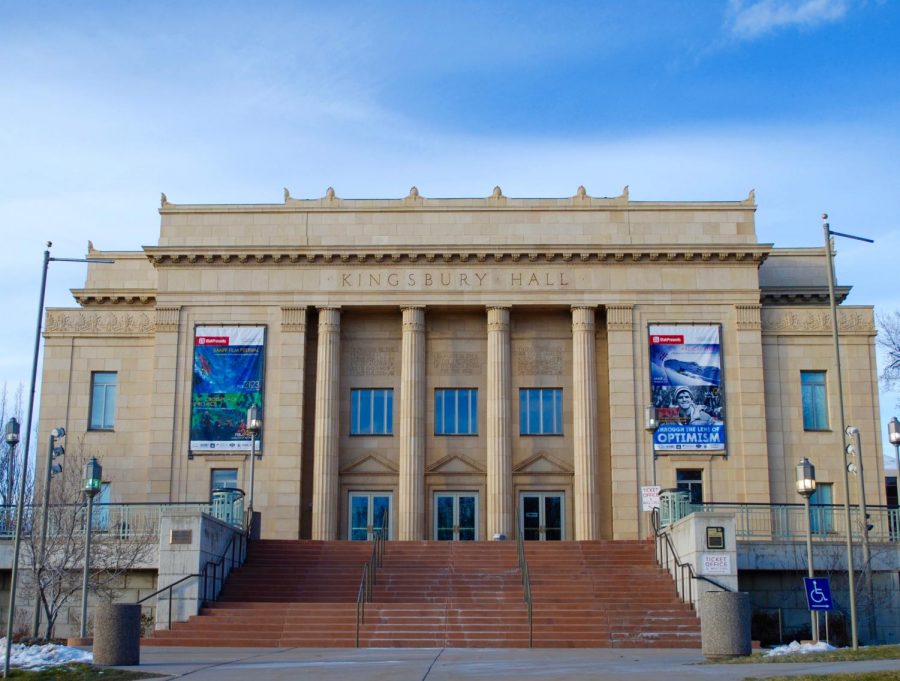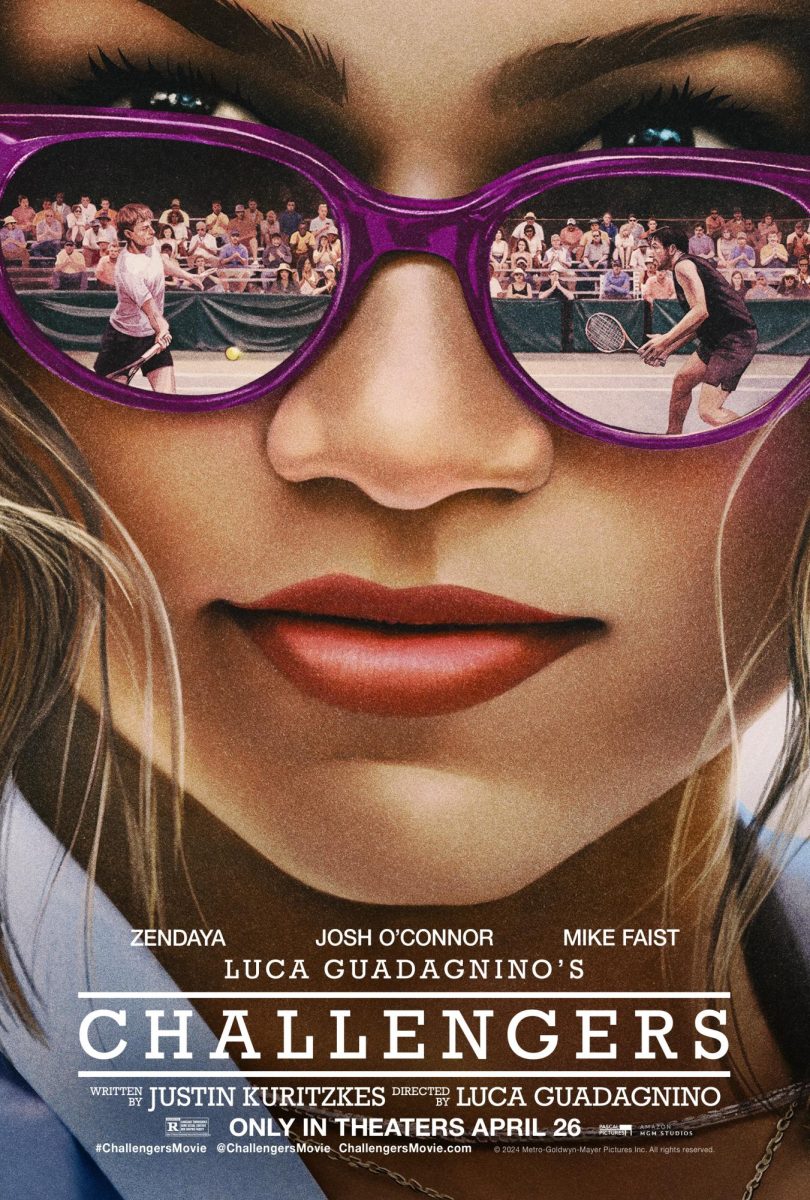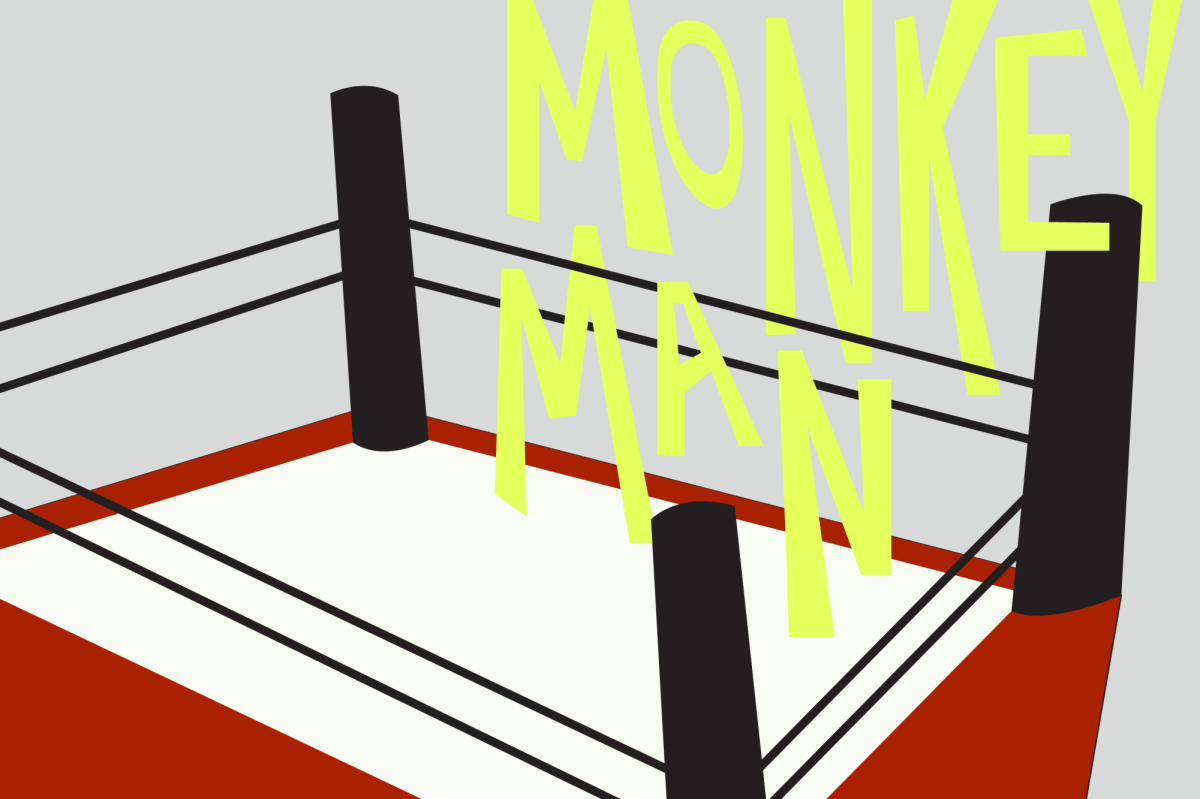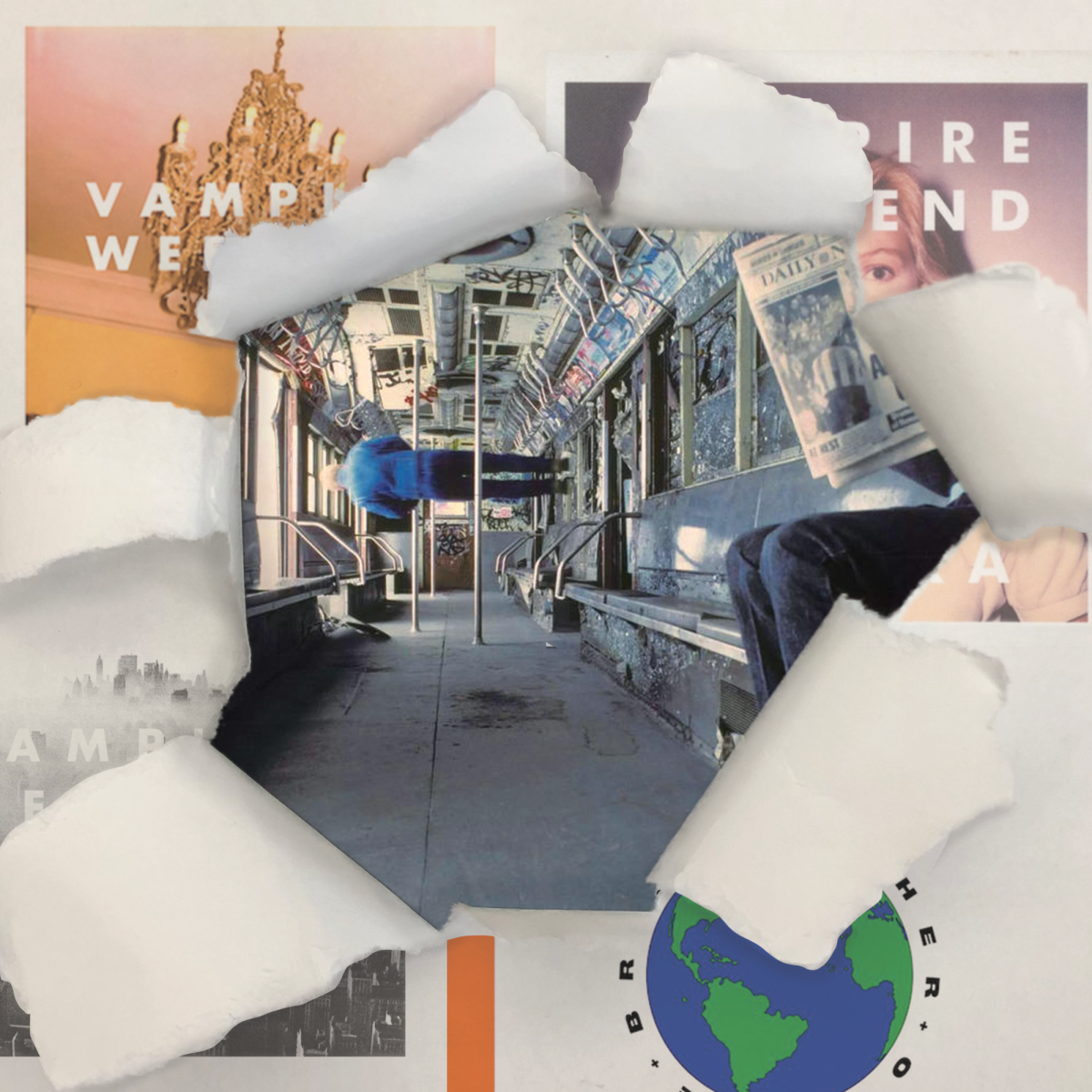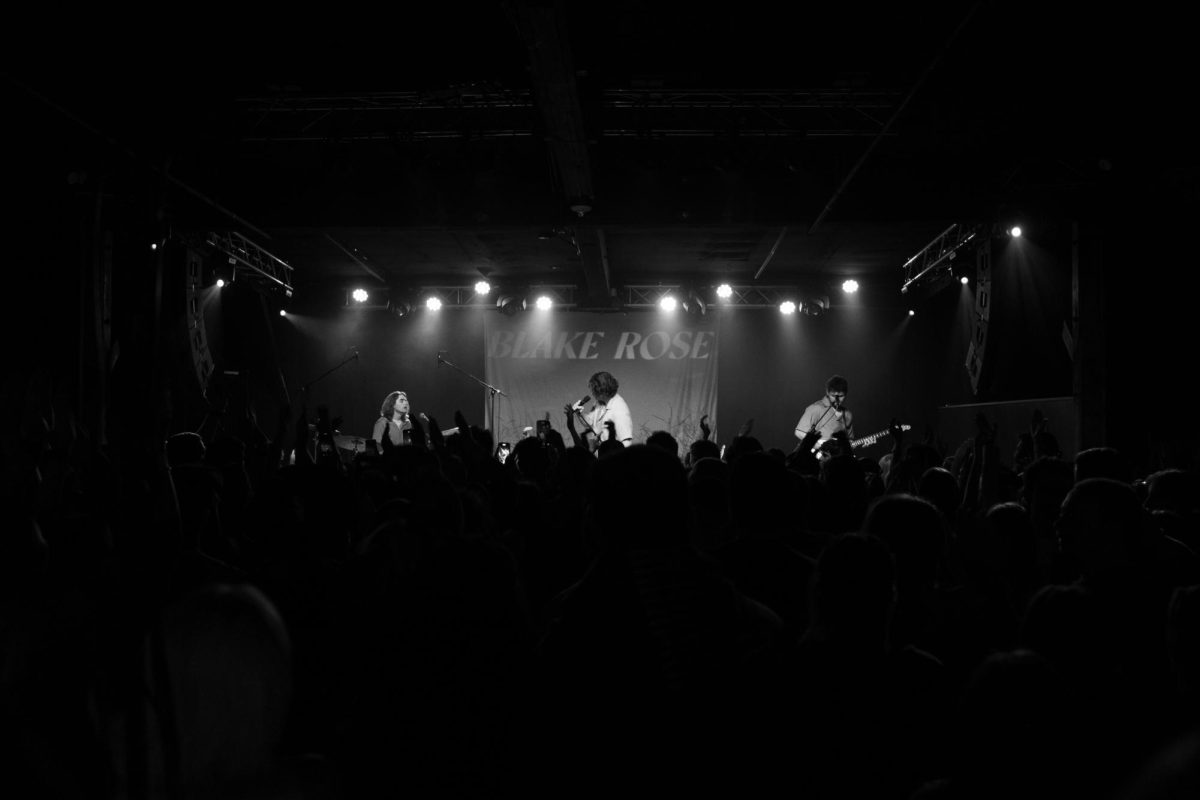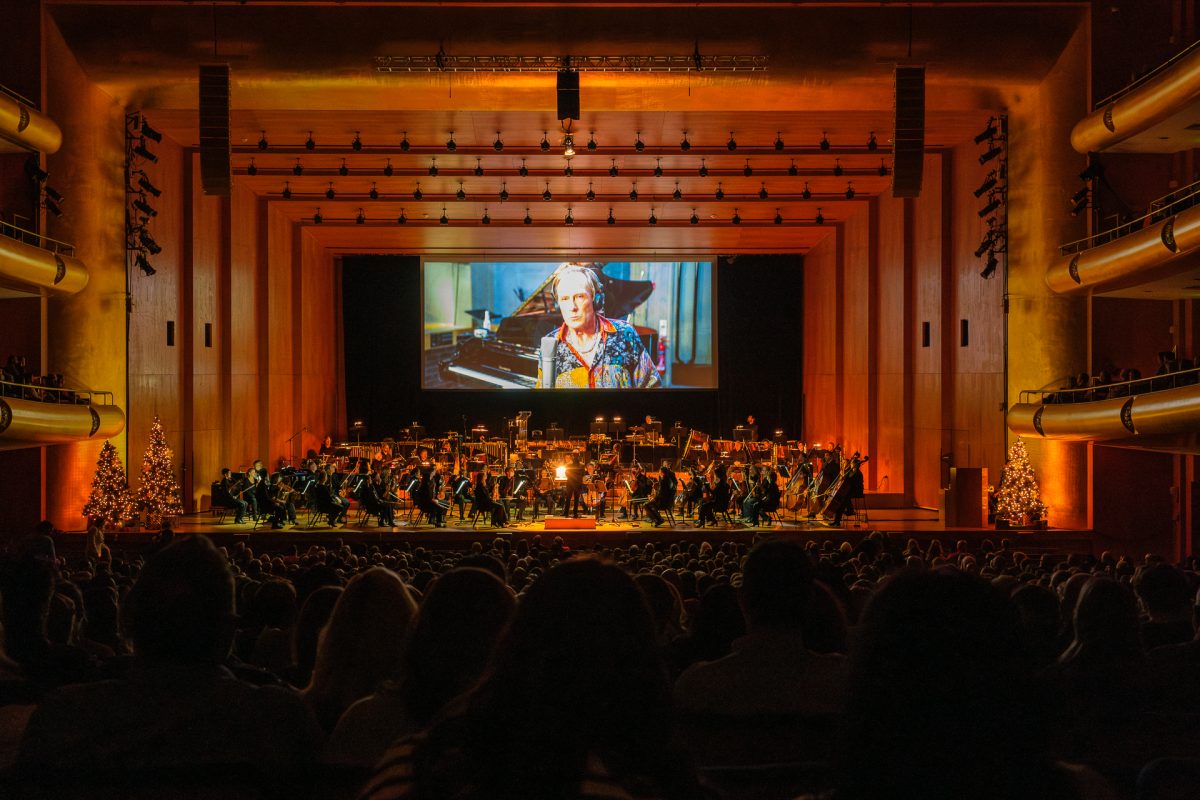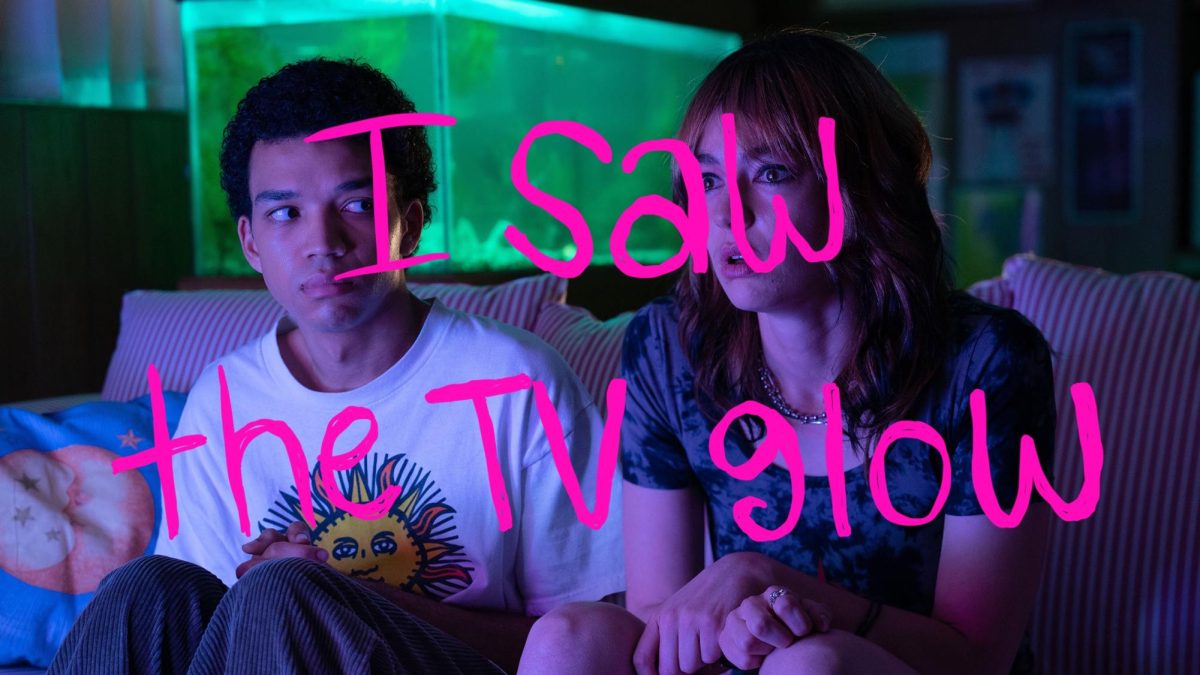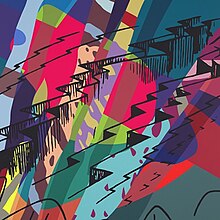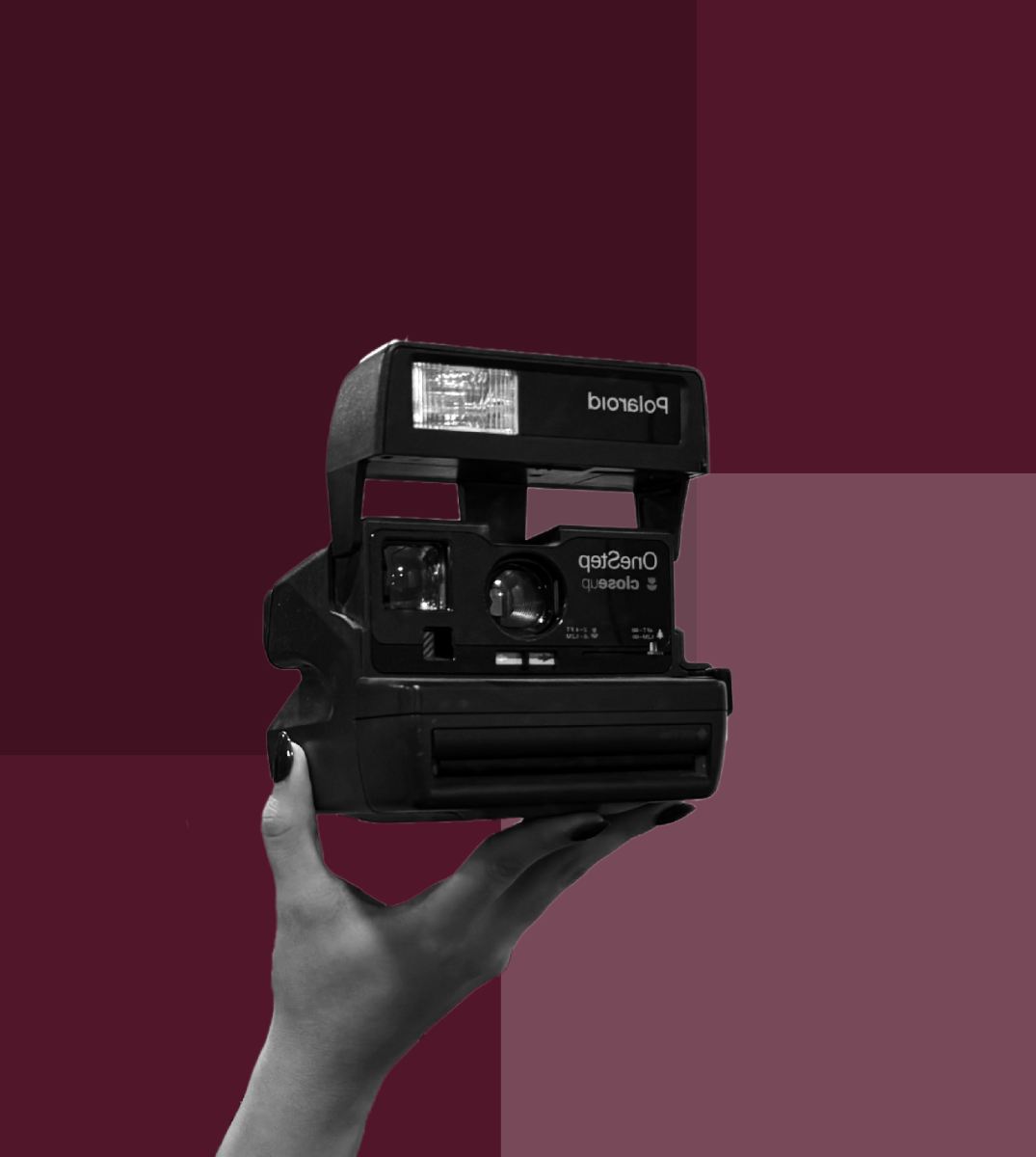[vc_row][vc_column][vc_column_text]
Canadian-born artist Lights signed her first deal at 15. Her unique sound and signature look has developed a cult following, and her fans have been looking forward to another album for a long time. Now on tour for her latest album “Little Machines,” I had the opportunity to chat with Lights about her music, Psalms, and how taking a break from life can be the best thing a person could do.
Katherine: At what age did you start getting into music?
Lights: It was probably a few different pinnacle moments that turned me to it, but the first I can recall is when I was young I used to have a hard time falling asleep and my dad would play the acoustic guitar downstairs and made everything feel like it was going to be OK. It felt better, you know, I was able to get to sleep, and everything was fine, and I think from a young age I knew … music was really powerful. And I think probably at that moment I decided I wanted to do it. You know, when my fingers were strong enough, I was 11, and my dad taught me how to play guitar, and I think that would have been my first doorway into it. And when I was 13 I got a little 8-track and started producing, and here we are today.
K: So is your family musical as well?
L: Yeah, my dad, he plays and writes, and even though he’s an architect now … he always does music on the side. He’s super passionate about it, and he’s taught me everything I know. And it’s always a reminder to me that you need to do it because you love it. I mean, he doesn’t make any money from it, but he still makes records, you know? And like, just a few people buy them, including me. Yeah he’s been a great example of that in my life. My mom, on the other hand, is not musical at all.
K: Tell me a little bit about your time spent growing up in this industry.
L: It was an interesting journey for me. I mean, like I said, I started writing when I was 11 and really making my own demos when I was 13, so by the time I met my manager when I was 15, and shopping around for labels, I felt like I had been writing music a long time … But I was still in the discovery process, and I think that is such an important part of becoming an artist that the rest of the journey is just kind of things that happen along the way until you find your place in music. For that first number of years, it was a lot of just discovery. Even though you’re shopping around to labels, there was a lot rejection at the beginning, making demos … I ended up getting signed with Sony ATV when I was 16, and still further developing from there. [I] didn’t actually find my sound until I was 18 … I was on a trip to Toronto in February, it was on Valentine’s Day, and I wrote a song called February Air, which was my first EP that came out 2 years after that. Yeah, it was a long journey of working hard and seeing that vision and searching for that pocket where you belong, and I was still completing high school and trying to do the best that I could with that, but I was away a lot working on music. It was like I knew what I was going to do already.
K: So you had normal high school experiences, but you knew music was your passion and you pursued that?
L: Yeah, exactly. My mom wouldn’t let me get away with not doing any work, or not finishing high school, so I had to focus and finish it. There were things I liked about it, and I worked really hard, but I felt so disconnected from high school at that point because we’d moved so many times, and I was gone all the time, and the teachers had to give me extra side work so I could fill in the classes that I missed. I had dreamed this since I was 14, about calling up my manager, my agent, but it was actually just a lot of work and no glamour.
K: Do you remember the process of writing your first song?
L: I remember it exactly, actually, like it was yesterday. I had just learned my first three chords. My dad taught me my first three chords on the guitar — D, E minor and G — D being the really tricky chord out of them all. So I went upstairs to work on those chords, and you can do a lot with just three chords — I mean, case and point, fast forward a million years later, “Up We Go,” the single of “Little Machines,” is literally three chords. So anyway, I went upstairs after learning D, E minor and G and sat down thinking, “I want to write a song,” before realizing I didn’t know how. I had no idea where to begin. I said, “I need lyrics,” so I knew in the Bible there are 150 psalms, which are all poems, and I thought, “Well I could use one of those, but where do I start, which one do I use?” So I went downstairs and asked my mom to pick a number between one and 150, and oh, I can’t remember, I think she picked 20 or something, so I ran back upstairs and I opened up to Psalms 20 and I used those lyrics and wrote my first song.
K: I can’t even imagine sitting down to write a song. Did you draw inspiration from musicians then or do you still draw inspiration from certain artists today?
L: Yeah all the time! I think the progression in music is just borrowing from others and building on it and making it into the next thing. At the time, I was listening to a lot of what my dad was playing from worship music, which is ultimately the perfect recipe for a pop song. The goal of worship music is to be melodic and to be learned by the second chorus, and it’s what pop music should be as well. As time goes on you hear things in all sorts of different genres that appeal to you and you take that idea home and try to make it your own, and I’m like that to this day.
K: What kinds of things do you want people to get from your music? Something similar to what you feel listening to those that inspire you?
L: I want people to just be taken out of their day for a minute. I think that’s the point of music — it’s kind of an escape, something that you can gel with or identify with, something that resonates with what you’re going through. It’s kind of just a break from the everyday grind. Especially with this record, “Little Machines,” I really tried to enjoy the moment and live for this day, and life goes by too quickly if you don’t. Music should teleport you somewhere else for a moment.
K: So you took a little escape of your own before this new album. Tell me about your experience in New Mexico. What was that like?
L: Yeah, that was awesome! In the process of writing for this record I wanted to try a lot of creative different experiences because I was facing a little bit of a writer’s block for awhile. I was experimenting creatively in different ways … through poetry and painting and gaining a new perspective. I tried Earthships, which are these off-the-grid homes that are completely carbon zero, and they’ve been trying to perfect it for a long time, creating an off-the-grid-home that is also completely sustainable. I wanted to experience it for myself, and I booked a week, alone, and headed out there last October. It was unreal, I was recording on my own rig that I brought using solar power, and you’re drinking rainwater but you’re completely comfortable. I would look out and see something different every day. I challenged myself to write a song a night, and three of the songs I wrote there in a week ended up on the record, so it was really fruitful and a cool experience.
K: Do you feel like the lessons you learned there contributed heavily to your latest album “Little Machines” and where you are now as an artist?
L: Oh, for sure, in the process of writing this record I learned a lot about myself as an artist and a person, and in that time, because I was kind of faced with the struggle of being uninspired and didn’t have any ideas — it kind of felt like I lost it. In that moment you start to see everything in the big picture, and I rediscovered how much I love music and how lucky I am to be doing it.
Lights is performing this Saturday, Nov. 8 at The Complex. Tickets can be purchased at $18 in advance and $25 at the door. Doors open at 7 p.m.
[email protected]
@ChronyArts[/vc_column_text][/vc_column][/vc_row]
Write for Us
Want your voice to be heard? Submit a letter to the editor, send us an op-ed pitch or check out our open positions for the chance to be published by the Daily Utah Chronicle.
@TheChrony
Print Issues
Write for Us
Want your voice to be heard? Submit a letter to the editor, send us an op-ed pitch or check out our open positions for the chance to be published by the Daily Utah Chronicle.
@TheChrony
Print Issues
Lights talks songwriting, New Mexico, new album “Little Machines”
November 7, 2014
Leave a Comment


